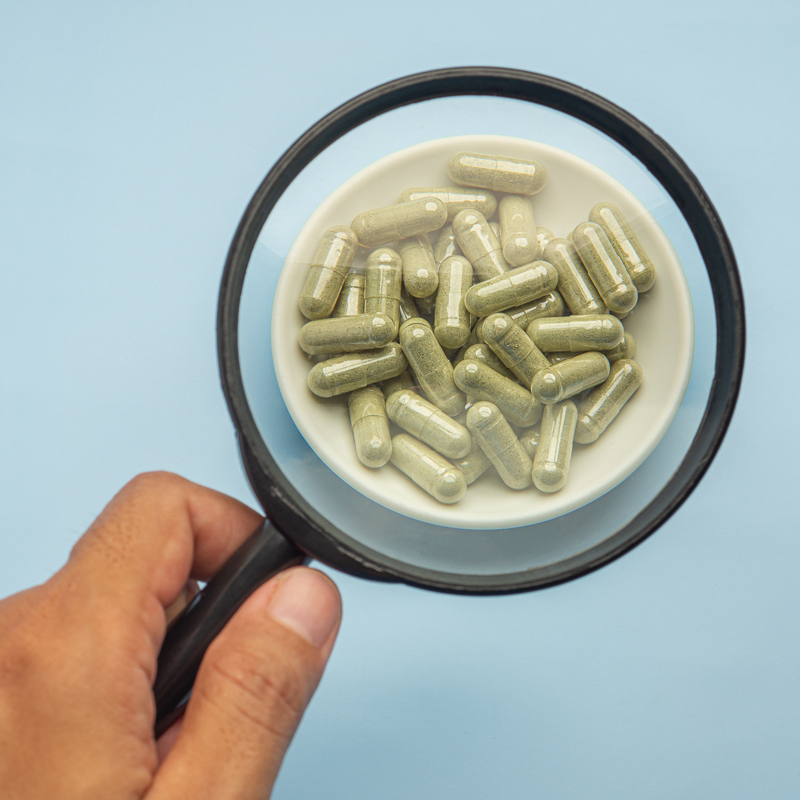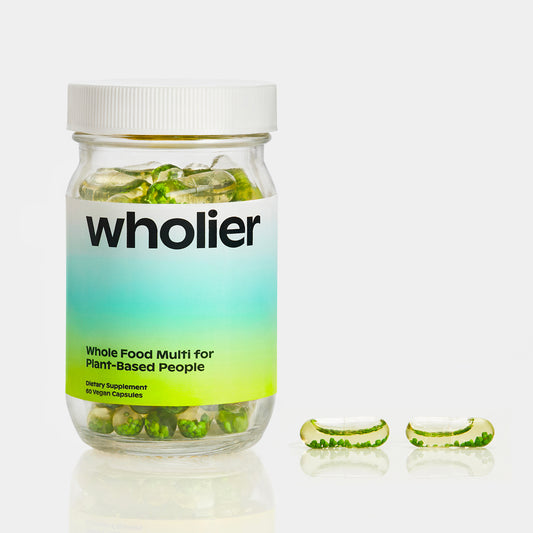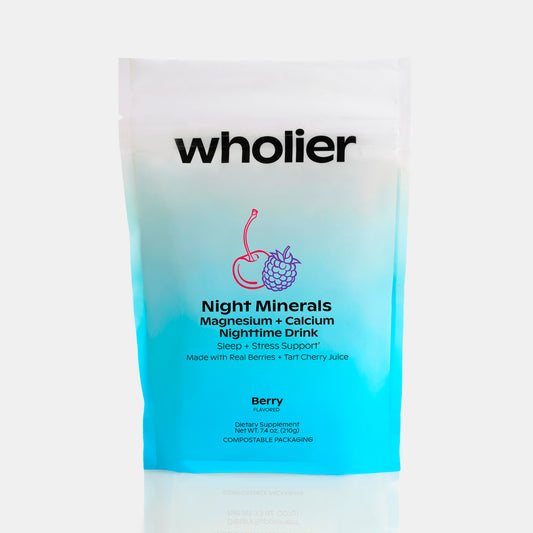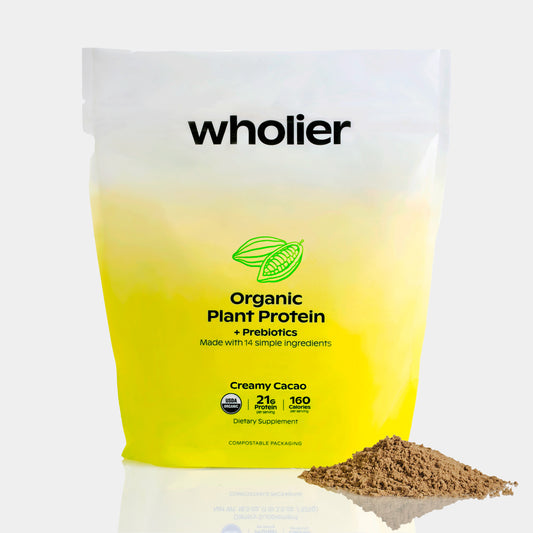
What Does Third-Party Testing Mean for Supplements and Why Is It Important?
In the world of supplements, it can be difficult to know who to trust. With so many different brands and products available, it's important to do your research before making any purchases. One way to ensure that you're getting a high-quality product is by looking for supplements that have been third-party tested. But what does this mean, exactly? And why is it important?
What Is Third-Party Testing?
Third-party testing refers to the process of having an independent lab test a product or ingredient to verify its quality and purity. In the case of supplements, this means sending samples of the product to a lab for analysis.
There are a few different types of tests that might be performed as part of third-party testing. For example:
- Identity testing: This type of test verifies that the supplement contains the ingredients listed on the label.
- Strength/potency testing: This type of test measures how much active ingredient is present in each dose.
- Purity testing: This type of test checks for contaminants like heavy metals or bacteria.
Why Is Third-Party Testing Important?
There are several reasons why third-party testing is important when it comes to supplements:
- It provides an extra layer of verification that the product is what it claims to be. Unfortunately, not all supplement manufacturers are honest about the ingredients in their products. In some cases, supplements have been found to contain harmful substances like lead or even prescription drugs.(1) Third-party testing can help identify these types of issues and protect consumers from harm.
- Third-party testing can ensure that the supplement contains the correct amount of active ingredients. This is particularly important for supplements that are intended to provide a specific therapeutic benefit. For example, if a supplement is marketed as containing 500mg of vitamin C per dose but actually only contains 200mg, it may not be effective at providing the desired health benefits.
- Finally, third-party testing can help ensure that the product is free from contaminants like bacteria or heavy metals. These types of contaminants can be harmful when ingested and may cause adverse health effects over time.(2)
What Should You Look for When Choosing Supplements?
Now that we've covered why third-party testing is important for supplements, let's talk about what you should look for when choosing a product.
- Check whether the brand or manufacturer mentions third-party testing on its website or product label. If they do mention it, make sure they specify which tests were performed and by which lab.
- You can also look for supplements that have been certified by reputable third-party organizations. For example, the United States Pharmacopeia (USP) is a nonprofit organization that sets standards for supplement quality and provides certification for products that meet those standards.(3) Other organizations that offer similar certifications include NSF International and ConsumerLab.com. It’s important to note that these certifications can take many years so normally mature companies are able to provide this level of certification.
- Another important factor to consider is the source of the ingredients used in the supplement. Ideally, you want to choose products made with high-quality, pure ingredients. Look for supplements that use ingredients sourced from reputable suppliers and are transparent about their sourcing practices.
- Don't forget to read reviews from other customers before making your purchase. This can give you an idea of how well the product has worked for others and whether there have been any issues with quality or purity.
The Science Behind Third-Party Testing
There are several scientific studies that support the importance of third-party testing when it comes to supplements. One study published in JAMA found that nearly one-third of dietary supplements tested contained unlisted ingredients.(4) Another study published in PLOS ONE found that many herbal supplements contained contaminants like heavy metals and pesticides.(5)
In addition to these studies, there have been several high-profile cases of supplement manufacturers being caught selling products that were contaminated or mislabeled. For example, in 2015, the New York Attorney General's office found that several major retailers were selling herbal supplements that did not contain the ingredients listed on the label.^6
These types of issues highlight the importance of third-party testing for supplements. By verifying the quality and purity of a product through independent lab testing, consumers can feel more confident in their purchases and avoid potential health risks associated with contaminated or mislabeled products.
Third-party testing is an important aspect to consider when choosing supplements. By verifying the quality and purity of a product through independent lab testing, you can feel more confident in your purchases and avoid potential health risks associated with contaminated or mislabeled products.
When choosing a supplement, look for brands or manufacturers that mention third-party testing on their website or product label, and that provide specific information about the tests performed and the lab performing them. You can also choose products that have been certified by reputable third-party organizations like USP or NSF International, and that use high-quality, pure ingredients from transparent sources. These steps can help ensure that you're getting a safe and effective product that will provide the health benefits you're seeking.
Sources:
(1) Geller AI, Shehab N, Weidle NJ et al. Emergency department visits for adverse events related to dietary supplements. N Engl J Med 2015;373:1531-1540.
(2) Saper RB, Kales SN, Paquin J et al. Heavy metal content of Ayurvedic herbal medicine products. JAMA 2004;292:2868-2873.
(3) United States Pharmacopeia Convention (USP). What is USP Verified? Accessed August 30th, 2021 from https://www.usp.org/verification-services/usp-verified
(4) Cohen PA et al., "Hazardous Substances in Dietary Supplements After FDA Recall," JAMA Intern Med., vol. 173(10), pp. 825-826 (2013).
(5) Newmaster SG et al., "DNA barcoding detects contamination and substitution in North American herbal products," PLOS ONE, vol 3(10), p e2927 (2008).
(6) "New York Attorney General Targets Supplements at Major Retailers," The New York Times, February 3, 2015.






